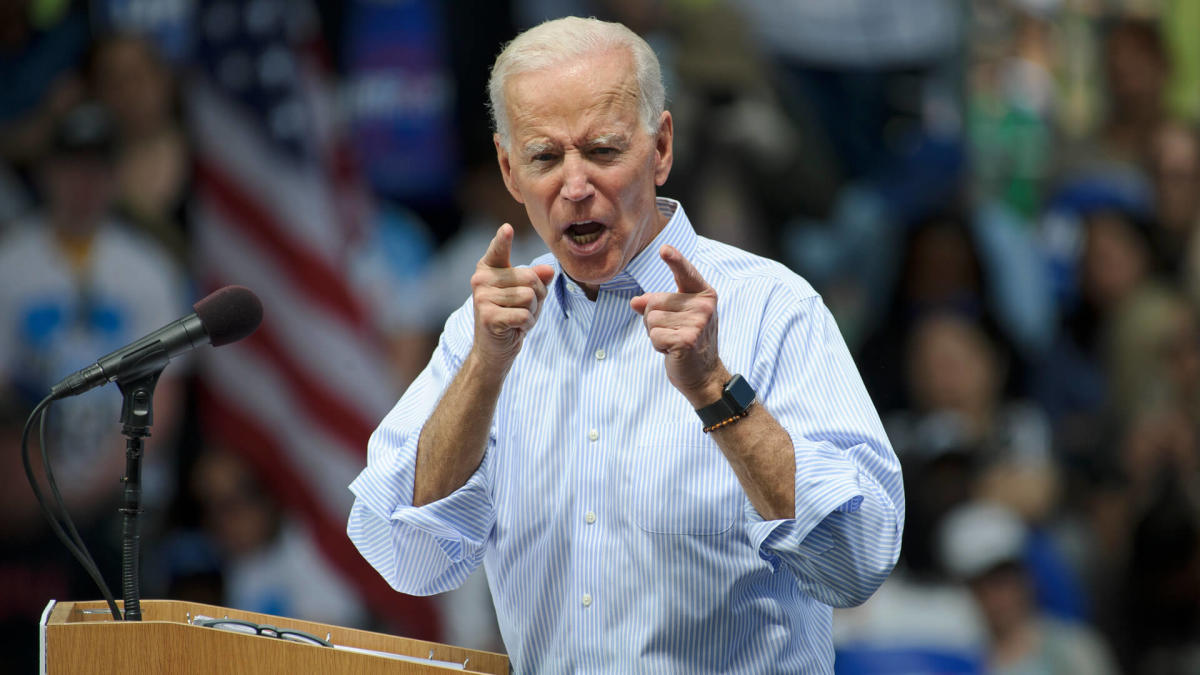By all accounts, the 2024 presidential election will have major implications. If President Joe Biden wins again, it will have a big impact on jobs and the economy in the U.S. Biden and his team will make decisions that could change how many jobs are available, how much people get paid and how easy it is for businesses to hire people.
We spoke to David Kass, clinical professor of finance at the University of Maryland Robert H. Smith School of Business, to get his predictions on what a Biden win could mean for jobs.
Also here’s how a Biden win could affect inflation.
See More: I’m an Economist: Here’s My Prediction for Social Security If Biden Wins the 2024 Election
Discover Next: 4 Genius Things All Wealthy People Do With Their Money
Wealthy people know the best money secrets. Learn how to copy them.
Tax Policy Changes
A major priority for Biden in a potential second term would be addressing the nation’s rising budget deficit. According to Kass, one of the things Biden might do is let a law called the Tax Cuts and Jobs Act (TCJA) expire. This legislation, which is currently scheduled to expire at the end of 2025, lowered the corporate tax rate from 35% to 21% and lowered the top personal tax rate from 39.6% to 37%.
Biden may also propose to Congress “that the corporate income tax be increased from 21% to 28%,” Kass said.
Increasing corporate taxes could help generate revenue to fund federal investments in areas like infrastructure or clean energy, potentially stimulating job growth. It’s also possible that higher corporate taxes could have an effect on job creation, if businesses are facing higher costs. In this case, companies might need to reevaluate their operations.
Kass also said that Biden would probably allow the TCJA’s “tax cuts for high income individuals to sunset at the end of 2025.”
Biden has already stated his intention to ensure that the wealthy pay their fair share in taxes. He said that many wealthy Americans pay a lower average tax rate than “firefighters or teachers” and that he intends to close such loopholes.
Opponents of these tax increases argue that so-called “trickle down economics” creates jobs and economic competitiveness. But proponents say that the additional revenue could fund crucial programs, such as Medicare.
Find Out: How Much Is President Joe Biden Worth As He Seeks Reelection?
Managing Inflation and Interest Rates
Managing inflation and interest rates will be another critical aspect of Biden’s economic strategy. Kass said that Biden would likely take a hands-off approach toward the Federal Reserve and let them do their best to keep inflation low without intervention on his part. This could come at the cost of higher unemployment, however.
“He also would not apply any pressure on the Federal Reserve to reduce interest rates,” Kass said, “as they strive to bring inflation down to their 2% target.”
“The resulting reduction in both monetary and fiscal stimulus should result in inflation being contained in the 2 to 3% range, but unemployment likely moving higher from the current 3 to 4% range to 4 to 5%,” he said.
If interest rates get too high, businesses may react with a hiring freeze or may even cut jobs from their payrolls, Kass said. But the Federal Reserve would also react to try to control unemployment.
“If the unemployment rate exceeded 4.5%, the Federal Reserve would likely respond by lowering interest rates to provide monetary stimulus to the economy and stabilizing or reducing the unemployment rate,” he said.
This potential seesaw between battling inflation and supporting employment could create a lot of uncertainty for businesses trying to plan ahead.
More From GOBankingRates
This article originally appeared on GOBankingRates.com: I’m an Economist: Here Are My Predictions for the Job Market If Biden Wins Again

